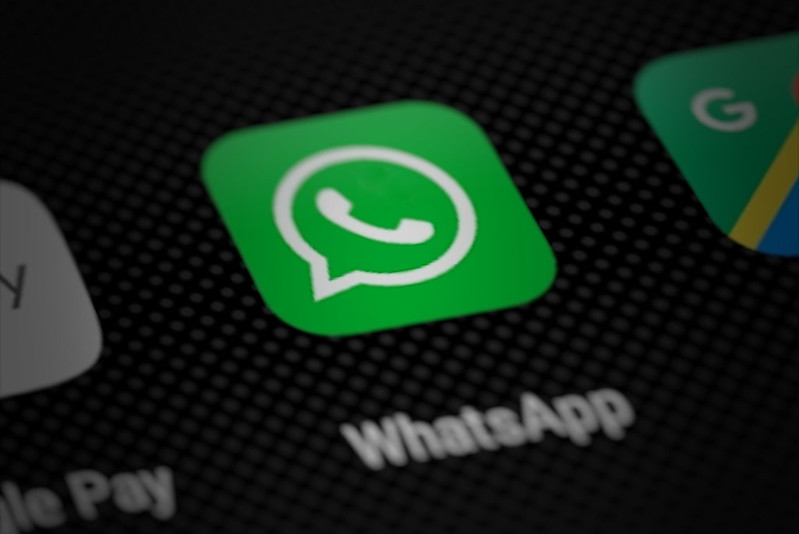
WhatsApp, the messaging platform under Meta’s umbrella, is implementing changes to its global pricing structure for commercial communications. These changes, set to take effect on July 1, are expected to increase monthly expenditures of businesses that leverage the platform for customer engagement. The shift involves moving from a per-conversation billing system to a per-message rate, meaning individual messages will now incur charges, as opposed to a cumulative fee for all interactions within a 24-hour window. For example, a marketing message that was once part of a ₹0.78 conversation will now be priced at ₹0.78 for each instance it is sent. This adjustment is likely to result in an increase in the billable volume for enterprises.
Nikila Srinivasan, Vice-President for Business Messaging at Meta, stated that this adjustment aims to simplify the pricing framework, offering greater predictability and utility for businesses managing their communication budgets. While this simplification is intended to provide clearer cost allocation, some industry observers and service providers anticipate that companies may begin to re-evaluate their reliance on WhatsApp, potentially shifting commercial messaging volumes to alternative channels like traditional SMS or Google RCS.
Under the new per-message pricing, WhatsApp categorizes messages into four types: Marketing, Utility, Authentication, and Service. Marketing messages are promotional, like offers or re-engagement campaigns, and generally carry the highest cost. Utility messages are transactional, such as order confirmations or payment alerts. Authentication messages are for identity verification, like one-time passwords. Service messages are responses to user-initiated inquiries within a 24-hour customer service window, and along with utility messages sent within this window, they remain free.
Under the revised pricing framework, different categories of messages will be subject to distinct rates. Utility messages, such as transactional notifications like “Thank you for shopping with us,” will now be billed at ₹0.11 per message. This differs from the previous model, which allowed for an unlimited number of such messages within 24 hours for a single conversation fee. Despite this specific change, WhatsApp’s new rates for utility messaging remain competitive, proving more economical than traditional SMS services (which typically range from ₹0.12-0.15 in India) and RCS (priced at ₹0.20-0.25 in India).
Starting July 1, businesses that dispatch up to 25 million messages monthly will be charged ₹0.115 per message. For higher volumes exceeding 300 million messages, the rate will decrease to ₹0.080 per message. Intermediate tiers also exist, with the rate per message progressively reducing as message volume increases. This tiered system is designed to provide more favorable pricing for high-volume business users.
The pricing adjustments follow a series of price reductions WhatsApp implemented over the last year, a tactic to aggressively counter competition from other communication channels globally. Last year, the messaging platform had slashed cut business messaging prices across several countries, including a 63% reduction in India. India and Brazil stand as WhatsApp’s largest revenue markets, with India historically benefiting from some of the platform’s most competitive rates.
A notable benefit retained under the new pricing model is the provision for “free entry point conversations.” When a customer initiates contact with a business through a Click-to-WhatsApp ad or a call-to-action button on a Facebook Page, a 72-hour free messaging window begins. During this period, businesses can send any type of message without charge, provided they respond within 24 hours of the customer’s initial message.
In addition to this, WhatsApp is also boosting its business suite with AI features. The platform recently enabled large businesses to interact with customers via voice calls, laying the groundwork for future integration of AI-powered voice agents. This feature, previously available only to small business accounts, will soon extend to larger enterprises through the API, facilitating both incoming customer calls and business-initiated callbacks.
WhatsApp is also exploring the application of AI to provide personalized product recommendations, aiming to create a more integrated shopping experience directly within the platform. While these new AI features are currently offered without charge, Meta executives have indicated that a pricing model could be introduced once these tools achieve broad adoption and scale among businesses. The company plans to expand AI-powered chat support to additional merchants in regions such as Mexico and is investigating AI-driven product suggestions for merchant websites.





